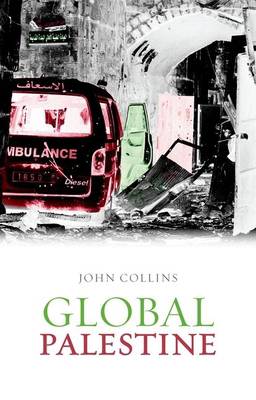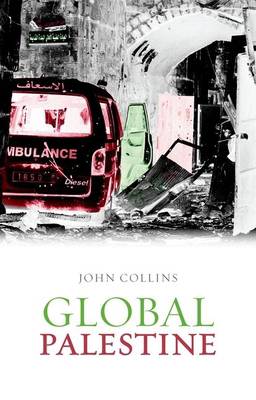
- Afhalen na 1 uur in een winkel met voorraad
- Gratis thuislevering in België vanaf € 30
- Ruim aanbod met 7 miljoen producten
- Afhalen na 1 uur in een winkel met voorraad
- Gratis thuislevering in België vanaf € 30
- Ruim aanbod met 7 miljoen producten
Zoeken
Omschrijving
Global Palestine offers a unique perspective on one of the world's most enduring political controversies by exploring a deceptively simple question: what does Palestine mean for the globe? The book begins from three overlapping premises. First, contemporary Palestine is the site of an ongoing project of settler colonisation. Second, as a growing movement of international solidarity indicates, Palestine's global importance seems to be increasing in inverse proportion to the amount of territory actually controlled by Palestinians. Third, understanding why and how Palestine matters globally requires situating the "local" struggle over Palestine in relation to a series of global processes that shape the conditions within which all of us live our lives, including the four processes that underpin this book: colonization, securitization, acceleration, and occupation. Far from simply being influenced by these processes, Palestine has served as a laboratory for many of them, pushing them forward in profound ways, and Collins' analysis reveals clues to a series of emerging global conditions. Approaching Palestine in this way enables us to take a fresh look at the world's politics of violence, resistance, and solidarity from the perspective of what Walter Benjamin called "the tradition of the oppressed."
Specificaties
Betrokkenen
- Auteur(s):
- Uitgeverij:
Inhoud
- Aantal bladzijden:
- 208
- Taal:
- Engels
Eigenschappen
- Productcode (EAN):
- 9780199327690
- Verschijningsdatum:
- 31/01/2012
- Uitvoering:
- Hardcover
- Formaat:
- Genaaid
- Afmetingen:
- 145 mm x 218 mm
- Gewicht:
- 408 g

Alleen bij Standaard Boekhandel
+ 96 punten op je klantenkaart van Standaard Boekhandel
Beoordelingen
We publiceren alleen reviews die voldoen aan de voorwaarden voor reviews. Bekijk onze voorwaarden voor reviews.











